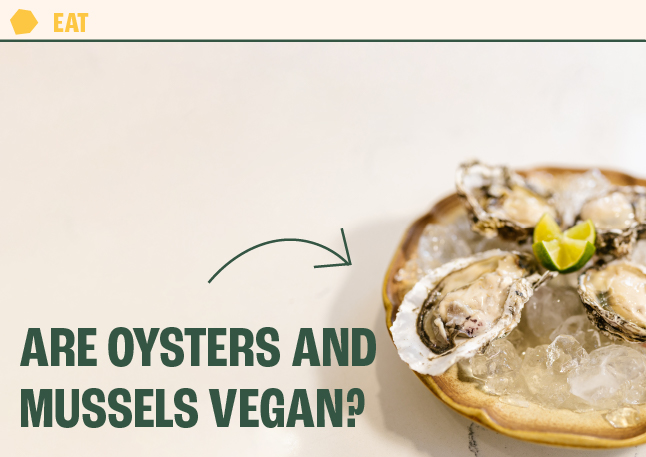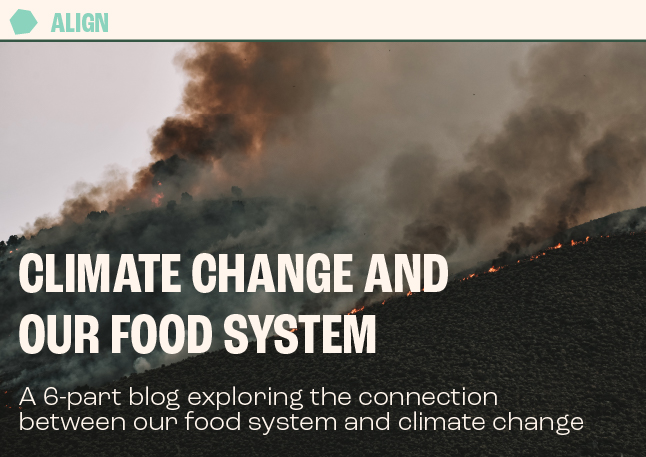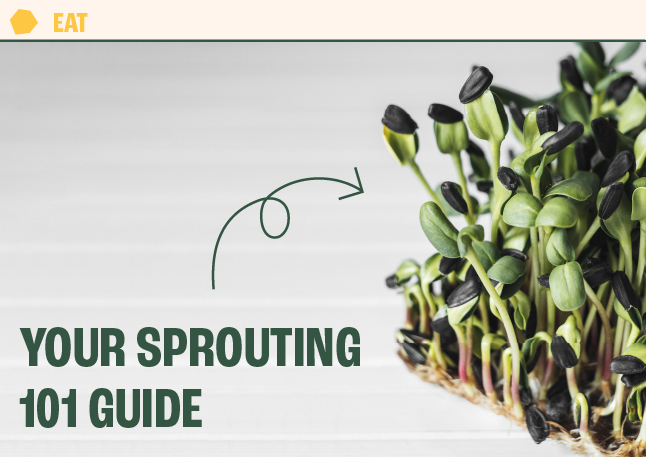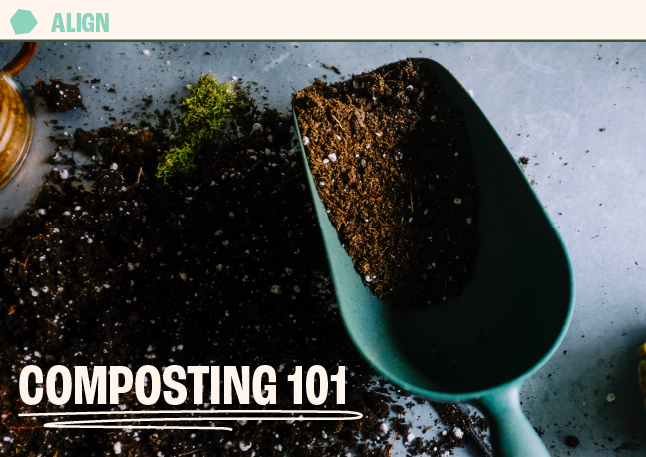You might be surprised to learn that there is a portion of vegans who believe that consuming oysters and mussels does not contradict their commitment to a completely animal-free diet. This somewhat controversial subset of veganism even has its own name – ostroveganism, from the latin word ‘ostrea’ meaning oyster.
Let’s take a look at the arguments in support of ostroveganism.
- Mollusks such as oysters and mussels are technically not sentient beings.
A core tenet of veganism is compassion. Indeed, a vegan diet is generally described as a diet that eliminates all foods of animal origin, such as meat, fish, dairy and eggs. Ethical vegans do so out of a desire to reduce the pain and suffering that consumer choices inflict upon sentient beings. However, ostrovegans defend their choice to eat bivalves such as oysters and mussels by pointing to the fact that these mollusks have no central nervous system. Their nervous system is incredibly rudimentary and has no centrality (meaning they have no brain), and they are incapable of forming thoughts or experiencing pain. Technically, this means that these animals are not sentient beings. In addition, given that oysters and mussels are mostly farmed, there is no issue of incidental harm or death of by-catch, whereby non-target species such as dolphins or turtles are caught in commercial fishing nets and often die as a result. In fact, the secondary death caused by farming oysters and mussels is far less significant than even harvesting plant crops, which unfortunately often causes the death of mice or insects. In short, ostrovegans believe that eating mussels and oysters is compatible with their commitment to a cruelty-free diet for these mollusks simply are not sentient and will not experience pain or suffering as a result of being cooked and eaten.
- Oysters and mussels pack a nutritional punch.
Another argument in favour of ostroveganism is that mollusks such as oysters and mussels are extremely nutrient dense as they provide a great source of Vitamin B12, iron, Omega-3s, vitamin D, Zinc and selenium – which are all nutrients of focus for vegans who may otherwise struggle to reach the RDI of these nutrients through diet alone if their diet is not appropriately planned. They are also high in protein while being extremely low in calories (on average, 6 oysters contain less than 50 calories). In addition, unlike many fish species, these mollusks contain only minimal amounts of mercury, making them safer options. Oysters are also well-known in popular culture for their aphrodisiac qualities, however the jury is still out on this one.
While oysters do contain cholesterol (92g of cholesterol in 6 Pacific oysters) if you’ve read The Proof is in the Plants dietary cholesterol affects our blood cholesterol much less than saturated and trans fats. These are the two components in our diet we want to really minimise our exposure to. Then, if someone has high cholesterol it arguably becomes important to also focus on reducing sources of dietary cholesterol as far as possible too. However, if your cholesterol is at a healthy level, and your diet is plant-exclusive, the addition of oysters in modest amounts is not going to significantly raise your risk of CVD. And if it means achieving nutritional adequacy (such as healthy levels of B12 and DHA) it may even lower your risk of CVD.
- They are good for planetary health (when farmed).
Current industrial aquaculture farming, which now represents the majority of the fishing industry and is the fastest growing food production system in the world, is not only cruel but grossly unsustainable, responsible for the destruction of habitats and the pollution of our oceans. These farming systems were designed to maximise profits and to pump out as many fish as humanly possible – but there are hidden costs that we pay for in environmental and health terms. Thankfully, it doesn’t have to be that way. If farmed, oysters and mussels can be powerful tools in greening the aquaculture industry as they have an incredibly low carbon footprint. Not only do they do not require fish feed, they are also non-invasive species that do not destroy habitats or pollute waterways. On the contrary, oysters filter pollutants out of the water, and are often introduced by local governments to improve local water quality and restore marine ecosystems. Unsurprisingly, both oysters and mussels get a thumbs up from the Environmental Defense Club for having a high eco rating combined with a low level of mercury, making them a sustainable and healthy option.
Take home points
Regardless of the valid points that are made in favor of ostroveganism, this subset of veganism remains controversial. Many believe that consuming any animal product, whether it is a sentient being or not, is wrong and simply and incompatible with the core tenet of veganism. PETA, the world’s largest animal rights organization, seems to agree.
As I have spoken about at length in my book, The Proof is in the Plants, I believe in looking at issues objectively, rationally and scientifically rather than being moved by dogma or precepts. Therefore, in my view, the arguments in favor of ostroveganism far outweigh arguments against it. After all, to me, the true power of veganism lies in its ability to promote the greater good in both ethical, environmental and health terms – and consuming mollusks such as oysters and mussels does just that. As we have seen, their production not only has a low-carbon footprint, but it is actually beneficial to our oceans and ecosystems; their nutritional profile is excellent especially for vegans; and finally if right for you, you can consume these mollusks knowing that you did not cause them (or any bycatch) any pain or suffering. Having said that, it is up to everyone to look at the arguments in favor/against ostrveganism and arrive at their own conclusion as to where they stand in the debate and therefore what feels right for them.
I recently discussed this with Registered Dietitian, and vegan nutrition guru, Ginny Messina in our episode on vegan nutrition myths.







